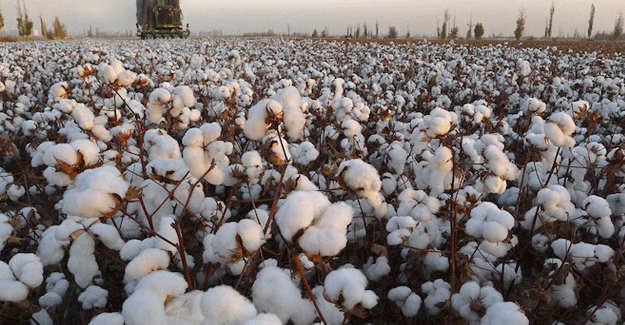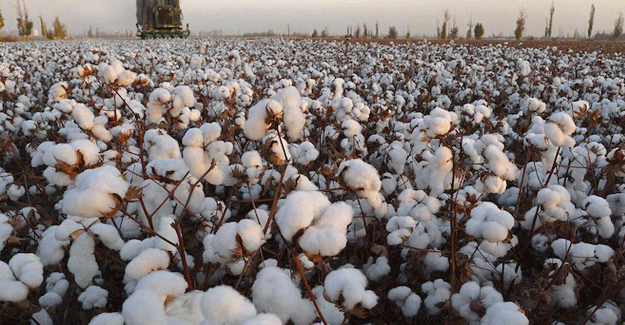
Modern Slavery Continues In Uzbek Cotton Fields, Says UGF
Last year, Uzbekistan's prime minister, Abdulla Aripov, announced that students and workers from the education and medical industries would not be involved in the cotton harvest from September to November. Then, a further 200,000 people were said to be excluded from work in the cotton fields. The country's president, Shavkat Mirziyoyev then publicly confronted the issue at a UN conference in New York, a first for an Uzbek leader.
However, according to investigations by the Uzbek-German Forum for Human Rights (UGF), these gestures have made little difference. 'Unfortunately we cannot confirm that the government has taken any meaningful steps towards ending forced labour,' says Umida Niyazova, UGF's director.
The Forum collected official documents, and recorded meetings and testimony from pickers across the country. 'Despite public declarations to the contrary, we are still receiving reports from the fields which confirm that cotton pickers are being transported in trains and buses around the country to collect the last remnants of this year's harvest for very little pay,' says Niyazova.
The UGF believes that because cheap labour is ingrained in the country's economy, the burden is simply shifting to other workers. 'As the Uzbek state is the sole beneficiary of cotton revenue, and since the price for cotton harvested in Uzbekistan is not set by markets, but by the state itself, it relies heavily on cheap labour,' says Niyazova.
Whether they like it or not, almost every Uzbek's life has involved cotton picking. At each harvest for the past century, the government has transported millions of people to pick cotton, for days, weeks and even months.
Often it's public sector workers such as teachers, nurses and doctors that are bussed out to the fields. Until 2015, this also included children. Workers that refuse risk expulsion from school, losing their jobs or losing state benefits. Human rights campaigns, such as Anti-Slavery International and Cotton Campaign, have described this practice as 'modern slavery' and have subsequently supported widespread boycotts of Uzbek cotton.

Textile Excellence
If you wish to Subscribe to Textile Excellence Print Edition, kindly fill in the below form and we shall get back to you with details.












